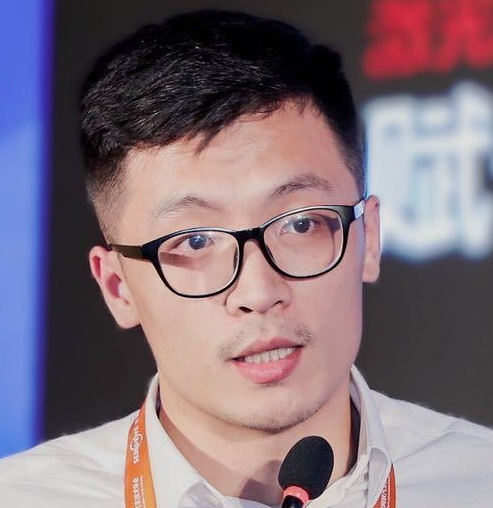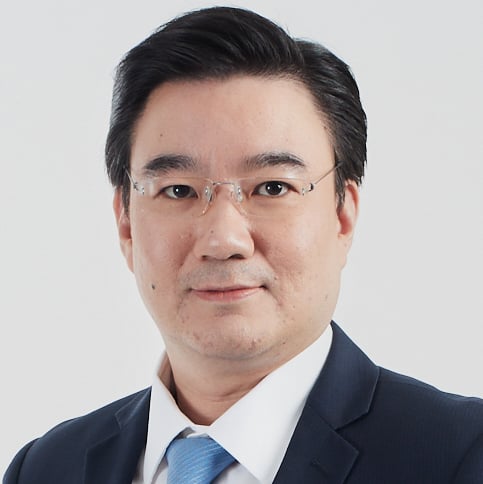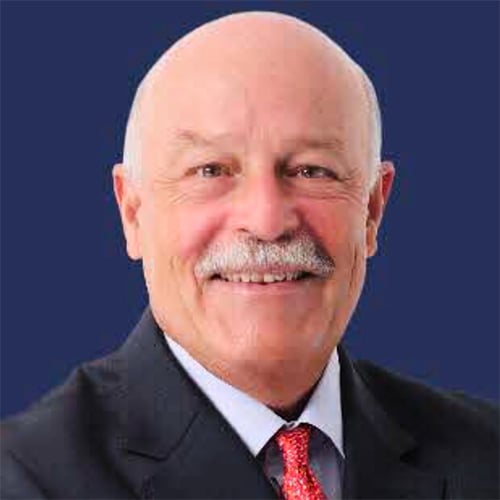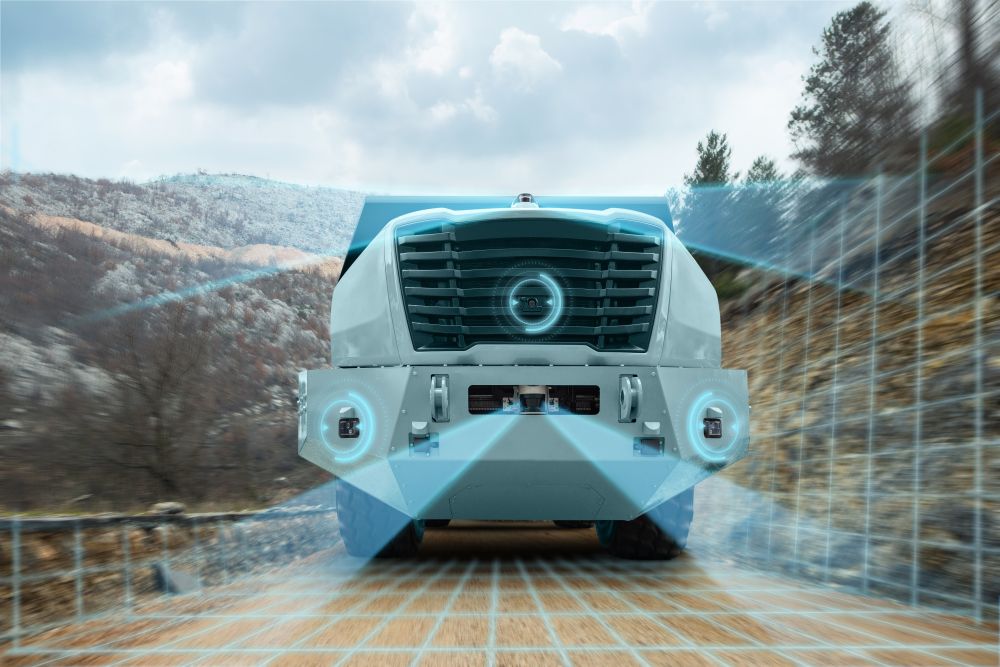
Light detection and ranging (LiDAR) technology, which uses laser light to measure distances, presents huge potential for the autonomous driving sector, and is attracting the interest of private equity and venture capital funds.
“Incorporating LiDAR is one of the important trends of the autonomous driving industry,” Season Wang, vice president, brand ecology strategy, and co-partner at RoboSense, tells The Asset in an exclusive interview.
RoboSense (Suteng Innovation Technology Co., Ltd.) is one of the leading providers of the LiDAR technology, which projects laser to a target object and measures its reflection with a sensor, a critical element in autonomous driving.
Wang notes that the traditional technology of using millimetre-wave radar as detecting sensors can no longer meet the Automotive Safety Integrity Level D (ASIL D) requirements of self-driving, and LiDAR is a “must-have” for self-driving vehicle manufacturers.
The overall market size of LiDAR is expected reach US$3.8 billion by 2025, with a 19% compound annual growth rate between 2020 and 2025, according to Yole Développement, a French research institution.
“By 2030, the market size might surpass US$10 billion, according to market insights,” says Wang, noting that the strong growth momentum will be boosted by LiDAR’s deployment in mass-produced vehicles.

Positive view
The capital market has shown growing interest in the automotive industry, especially in view of the rapid development of electric vehicles (EVs) and autonomous driving. Analysts from J.P. Morgan, UBS, and Daiwa Securities all hold a positive view on this highly capital-intensive automotive sector.
In China, autonomous driving companies have raised more than 100 billion yuan (US$15.48 billion) in 2020, according to market estimations.
Wang says his company has seen robust fund-raising activities in 2016 and 2018. “We feel very grateful that the investors we have met are all confident in the LiDAR industry, and trust our company and the team’s experience in the technology.”
There is really no secret to his company’s ability to attract funding. “Stick to the facts and practice. Focus on technology and product. Companies should avoid ‘generating products from presentation documents’, but focus more on real-life practices. As a result, the investors will trust you,” he says.
Founded in 2014, RoboSense provides Smart LiDAR Sensor Systems incorporating LiDAR sensors, artificial intelligence algorithms and integrated circuit chipsets. The company aims to transform conventional 3D LiDAR sensors to fully data-analysis-based systems.
Headquartered in Shenzhen, the heart of China’s Silicon Valley, RoboSense has been focusing on its core tech capability and enhancing its products. Two years after it was established, the company kicked off a Series A funding round, with investors led by Fosun RZ Capital. In 2018, it raised US$45 million from Alibaba’s Cainiao Logistics and Chinese automobile manufacturer SAIC Motor and BAIC Group, marking the biggest funding round among Chinese peers.
Major milestones
Wang has been with the company for more than five years. Looking back at the journey, Wang thinks that there are three major milestones for RoboSense.
“First, we timely mastered the first generation of LiDAR technology, and put our products into mass production. In the second step, we have been enhancing the performance and the quality of our products based on market demand, and trying to optimize costs. This enables the autonomous driving industry to incorporate LiDAR in mass production. The third step will be continuing technology innovation. We are eyeing on the next-generation technology of solid-state LiDAR, further enhancing our products,” he says.
Last week, at the Consumer Technology Association (CES) 2021, RoboSense won the Innovation Award for the second consecutive year. For startups trying to learn from the success of Chinese tech companies, Wang has coined a term: “long-termism”.
“Starting up a business is not about short-term interests. We should do the right thing, doing it sustainably, and overcome the hardship,” Wang says. “Startups should be patient for success and stay away from deceiving activities and one-off deals that only seek short-term profits.”
Wang also underscores the importance of meeting clients’ demands and investors’ expectations. “Managing a company is about benefiting the clients, the team, and the investors. If you focus on clients’ need and be true and diligent, you will be trusted. Incremental innovation, continued inputs in research and development, and enhanced product quality will retain this trust,” he says.









